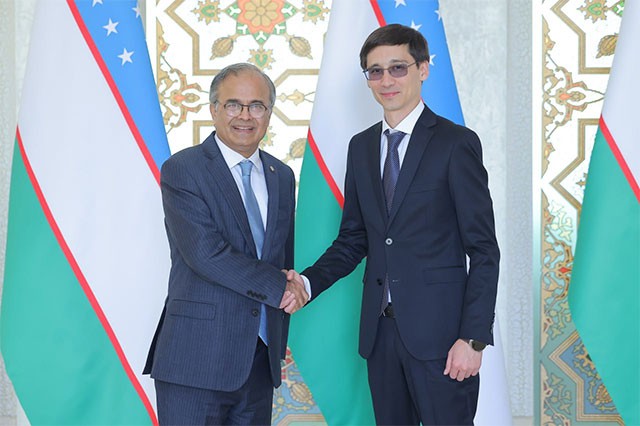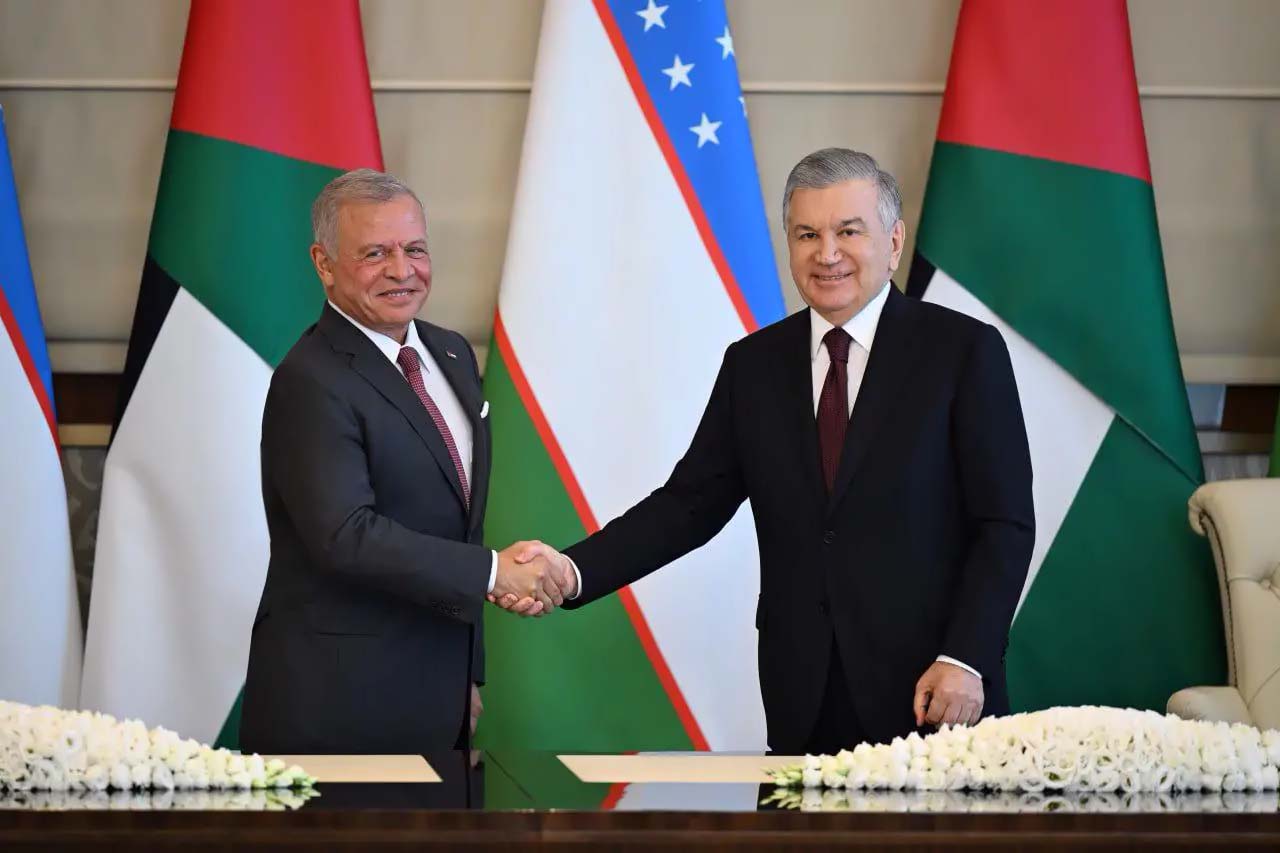At the second plenary session of the BRICS summit, held on July 6 in Rio de Janeiro, the Republic of Uzbekistan was officially recognized as a partner state of the association. This decision is enshrined in the joint statement of the summit participants, which also identifies nine other countries that have received the same status. Along with Uzbekistan, the category of partner countries includes Belarus, Bolivia, Kazakhstan, Cuba, Nigeria, Malaysia, Thailand, Vietnam and Uganda. Indonesia has been granted full membership in the organization.
Granting the status of a partner state implies participation in expanded formats of dialogue on strategic issues covering the economy, trade and sustainable development. Uzbekistan will have access to mechanisms for interaction with key economies of the Global South and will be able to participate in individual sessions of summits, meetings of foreign ministers and working events of the association.
The Rio summit also discussed the reform of international institutions. Indian Prime Minister Narendra Modi stressed the need for organizations such as the UN Security Council, WTO and development banks to adapt to the realities of the 21st century, in particular, to the impact of technologies, including artificial intelligence.
As a result of the meeting, three strategic documents were signed: the declaration on climate finance, the statement on the global management of artificial intelligence and the program to combat social diseases. These documents reflect the BRICS Group's intention to strengthen its role in shaping the new global agenda.
BRICS currently includes 11 countries. The founders include Brazil, Russia, India, China and South Africa. In 2024-2025, they were joined by Egypt, Ethiopia, Indonesia, Iran, Saudi Arabia and the United Arab Emirates. The expansion of the membership and creation of a new category of partner states were the result of the decision taken in October 2024 at the summit in Kazan. The category of "BRICS partners" formalizes the participation of countries that are not full members, but are actively interested in strategic cooperation.
Immediately after the summit ended, former US President Donald Trump announced the introduction of additional trade duties against states that support the BRICS policy. In response, Russian and Chinese officials stressed that the organization is not directed against third countries. Chinese Foreign Ministry spokeswoman Mao Ning noted that BRICS serves as a platform for cooperation between developing countries and does not participate in block confrontation.
Russian presidential spokesman Dmitry Peskov confirmed the neutrality of the alliance, noting its uniqueness as an association of states with common views on global development, and not an instrument of geopolitical confrontation.
Uzbekistan's accession to the BRICS partner states marks the beginning of a new stage of its integration into the international architecture of cooperation between emerging markets. In the context of the global transformation of economic alliances, Uzbekistan gets the opportunity to build stable ties with key BRICS participants and form its own agenda in the international arena.











